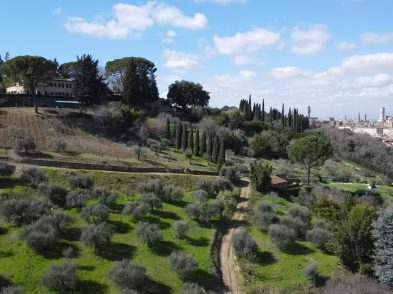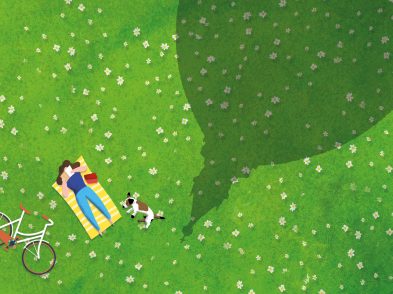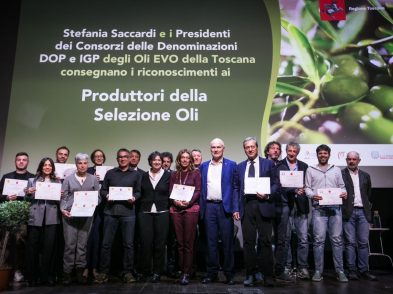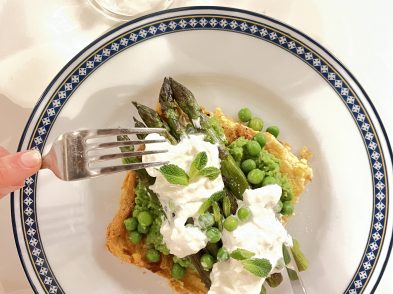In February 2021, Gabriele Gorelli achieved the nigh-impossible dream of becoming a Master of Wine. By doing so, he became the first and only Italian to hold the elusive title bestowed on wine experts with the highest standard of knowledge by the eponymous London-based institute. We speak with the Montalcino-born sommelier, consultant, brand builder, trail runner and yoga enthusiast one year later.
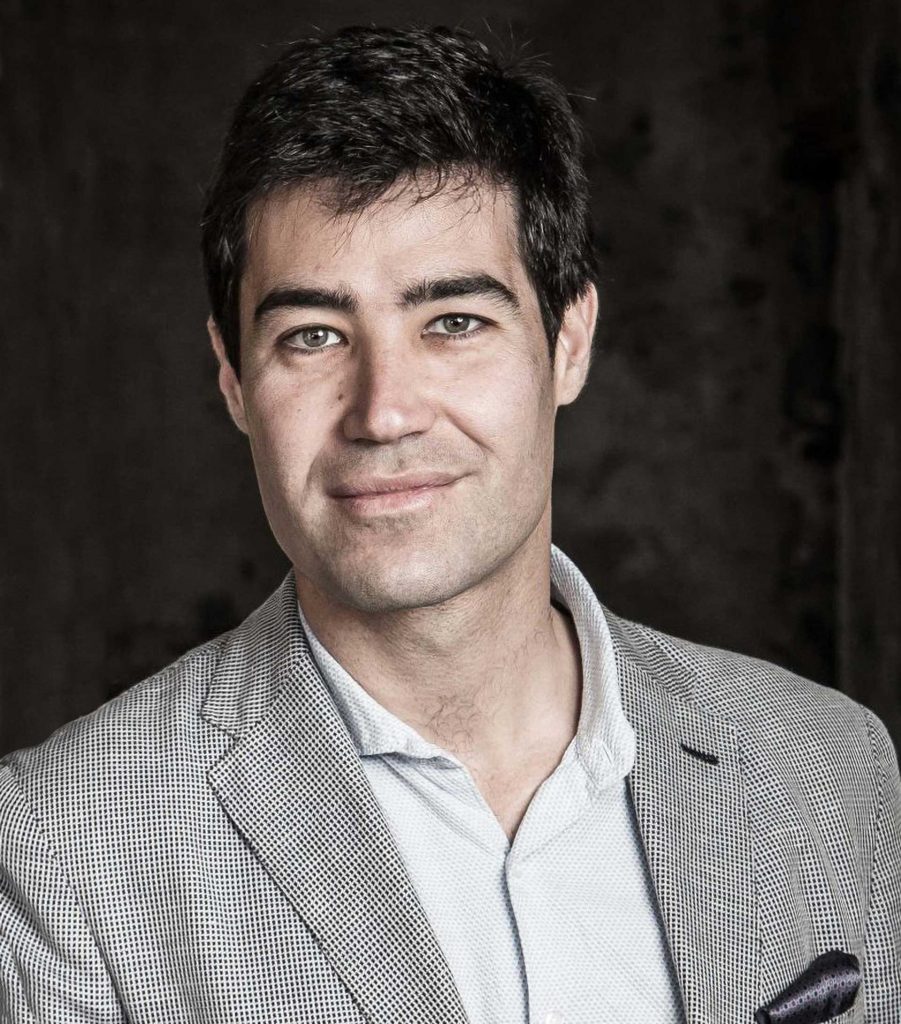
I started to write everything in English: shopping lists, daily notes, and especially when tasting wines and studying. Mine became an Anglo-Saxon approach in a sense that it was more concise, organized and packed full of information.
Tell us a bit about you and how you fell in love with wine.
When you’re born in Montalcino, you’re surrounded by wine since the beginning. My father’s father had a tiny vineyard, less than half a hectare of Brunello that he tended to at the weekends. I was the only male child, so I helped them. When people ask me What was your first wine? I reply Not my first wine, my first must, which is very different because it was still fermenting. I started to enjoy getting involved. A lot of sensibility is needed to understand nature and the evolution of wine. That was my initial approach. I also thought about going for an education that was dedicated to wine, but at the end of the Nineties, I realized there was a gap between production and the communication of wine. So, I decided I needed to study languages in order to let people understand the wine.
I read an article in which you were quoted as saying that when you decided to embark on that “mission impossible” to become a Master of Wine, you adopted more of an international approach…
When you make a decision like embarking on becoming a Master of Wine, you either don’t know enough about it or you’re really reckless. Mine was the first case. It was a time when I wanted to learn a lot about everything. The year before, I’d obtained my sailing licence. Then I did the official taste test with the AIS (Italian Wine Sommelier) association, but I realized it was too Italy-focused. I wanted something that was international, something that would enable me to travel. In 2014, the Symposium of The Institute of Masters of Wine was organized in Florence, so it felt like the Institute was knocking on my door. I decided that I needed to attend to understand what these people were doing. Literally one month before the symposium, there was an introductory masterclass in Valpolicella. At the very end of the seminar, you were offered the opportunity to join the Institute if you passed an exam on the final day. Only six people passed and some were attending the seminar for the second or third time. Meanwhile, I had started preparing by reading the books on a reading list that was very “Mediterranean”. It wasn’t a structured approach to study, so I realized that I needed to change. I started to write everything in English: shopping lists, daily notes, and especially when tasting wines and studying. Mine became an Anglo-Saxon approach in a sense that it was more concise, organized and packed full of information.
Tasting wines in English must be complicated for an Italian. When I taste wine, for example, it comes to me automatically in English.
That was my challenge. I wanted to be justified in everything I said. I’d say that my conclusions were always at least the arithmetic sum of two observations. The original Anglo-Saxon approach enticed me to go deeper and be even more rigorous than what is asked.
What’s your average day like as a Master of Wine?
My tasks focus on the different elements of the value chain of wine. I’ve tried really hard to pick the players I wanted to work with to see things from different perspectives. I’m a brand ambassador for Oeno, which is a wine investment company in London. In this way, I look at the top end of the fine wine segment and see how this allows people to approach wine with a return-on-investment mindset. Then there’s Vinventions, which develops technical closures and other innovations with normal corks. This is something I’m always trying to understand better. I see the production side of wine and how it adapts to the market or vice versa. Of course, with the education part of my background, with the Banfi Foundation and the Institute of Masters of Wine itself, I continue to spread the gospel of wine. I spend most of my time in Italy or in Europe at the moment, but it’s not only spent tasting. It’s also just going as a listener, who draws his own conclusions and fills some knowledge gaps that a winery or consortium might have. I also try to bring together groups of MWs and introduce them to specific regions. For example, we did something with Sicilia DOC just a couple of weeks ago with 22 MWs from the US. My regular day is never regular and that’s because I get bored easily. I’m doing a job that transcends mere tasting. It looks at brand building. I’m also a spokesperson and I try to be the voice for most Italian wine regions, especially towards international markets.
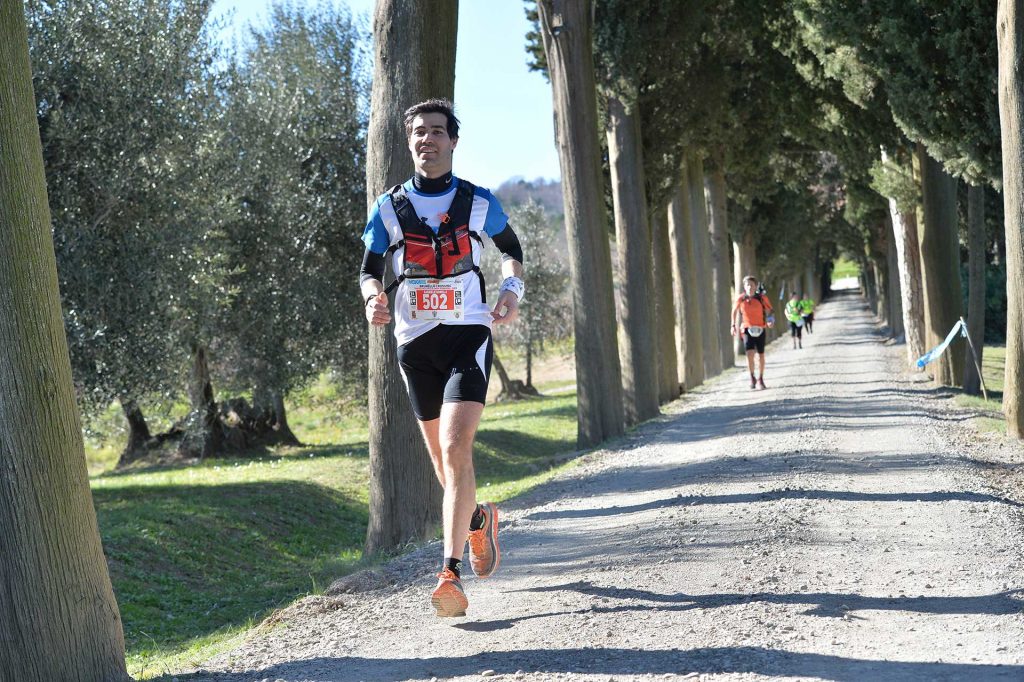
You’re a runner and yoga practitioner. How do you find your balance between wholesomeness and the wine world?
Italians and Mediterraneans have an innate moderation in drinking wine. There’s this cultural place that wine occupies in our diet and in our daily life. I pushed the health of my mind and body to the limit because you need to be in shape when sitting an example like the MW. There’s no resting after you get the title because people expect a lot from you. Waking up very early is something that I developed during the programme as it gives you a lot of freedom. You can go for a run, do yoga or focus on something that needs your undivided attention. It’s not easy to maintain this level of discipline because you are constantly inundated by dinner invitations and tastings. In the morning, I go running, especially if it’s a wine region, then you can explore it to the max. But it’s yoga that changed me deeply. When you do yoga, you know you shouldn’t be drinking or eating too much. You act in a very moderate way.
What was your reaction when you found out that you’d achieved your dream of becoming a Master of Wine?
We arranged that they would call me at 7:30am. I’d gone to bed happy because I’d found out that my friend had passed the exam. I woke up, did my yoga and listened to music. I tried to relax, without succeeding of course. I was at home in the Montalcino countryside and we were preparing to take our son to the kindergarten. My mobile rang and there was the chairman of the Institute telling me, I’m happy that you were quick to pick up your phone because I have some wonderful news to give you. At that point, I started crying. I wasn’t really able to reply and my son, who wasn’t even three years old at the time, came up to me and said, Why are you crying? Are you sad? He brought me some Lego to play with. I just couldn’t believe it was over. It’s a sensation you can’t really describe. I followed some advice from one of my MW friends, who used to be a student with me. He said, At the time of your declaration, just turn off your phone and stay with your family because when the press release comes out in 2-3 hours, it’s going to be a mess. So, I turned my mobile off, went to the kindergarten and left Giovanni there. Then we went for a walk for a couple of hours in the countryside, just me and my girlfriend. By the time I turned my mobile back on, the press release was out and I had hundreds of messages, emails and missed calls. It took more than 20 days to reply to everybody that wrote to me.
And then the work really began!
Exactly, but it’s fantastic because I’d been training all these years to do the exam, but in fact I’d been training all these years to do this job. Now I feel like I’m in the right place at the right moment.



